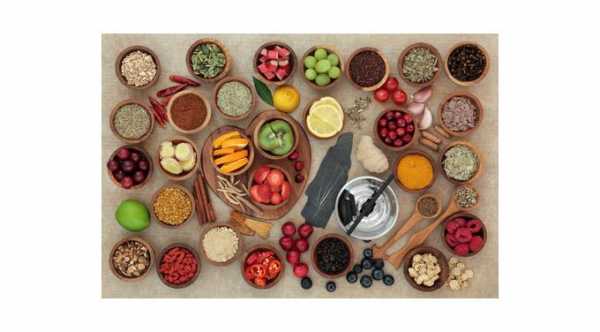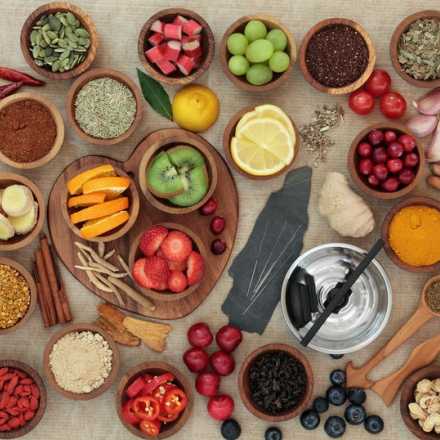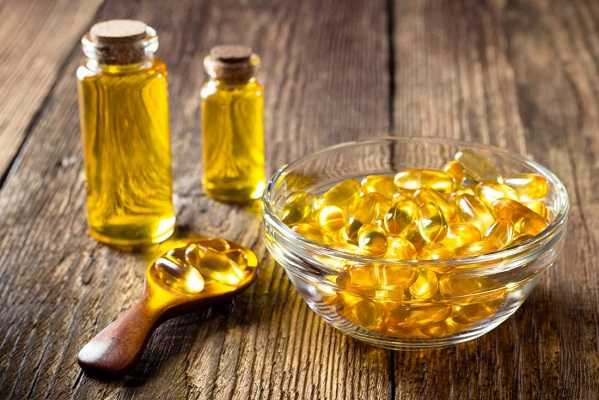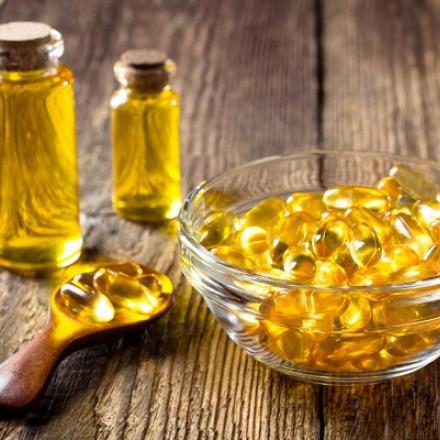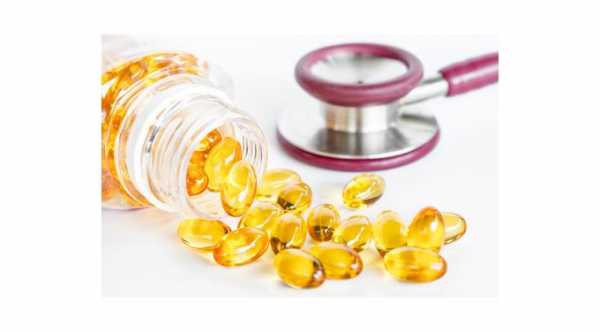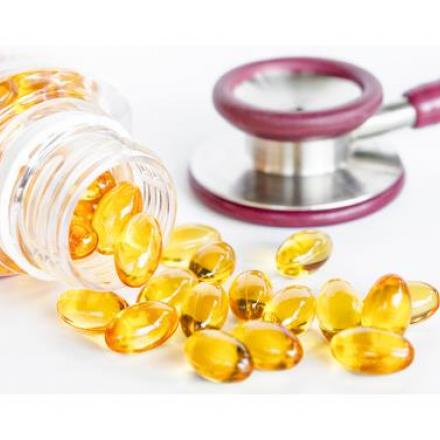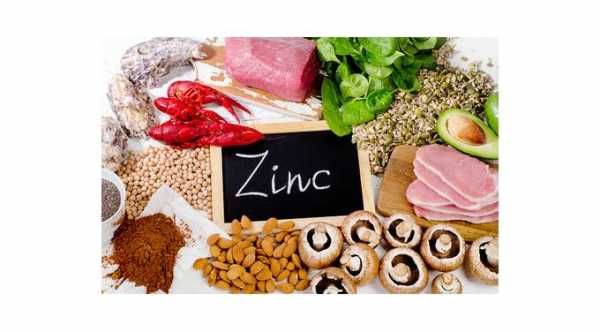
Vision Spotlight on Symptoms of Zinc Deficiency: What It Means to Your Eyesight
If you’ve cut out red meat from your diet and don’t like crab, oysters, or the dark meat of turkey and chicken, then it’s possible that you could be susceptible to a zinc deficiency and the development of several eye disorders.
Your body’s zinc levels can be depleted by things you eat, drink or take. Drinking too many carbonated drinks or alcohol, taking diuretics and laxatives, using steroids and contraceptives or becoming a vegetarian or a diabetic are all related to the good possibility that you could become zinc-deficient.
Zinc Deficiency Symptoms
The symptoms of zinc deficiency can be a little vague, and that’s why it can go on for quite awhile before a health practitioner puts all the pieces of the puzzle together.
Zinc Deficiency Symptoms include:
• Loss of the sense of smell (This occurs because the olfactory lobe of the brain is high in zinc).
• Immune system deficiencies, such as becoming more prone to develop colds, flu, and infections.
• Skin rashes, including acrodermatitis enteroathica.
• Diarrhea.
• Inability to taste foods or disturbed taste sensations.
• Loss of appetite.
• Behavioral disturbances.
• Lack of growth or sexual maturation (only found in young children).
• Impaired healing of wounds.
• Swelling and clouding of the cornea.
Over a hundred enzymes depend on zinc for their function; if you lack this mineral, you will experience fatigue during the day.
But did you see how the zinc deficiency symptoms above lend themselves to be ones that do not easily fit into a pattern? It’s easy to believe that the skin rashes result from that new laundry detergent with caustic chemicals in it; how diarrhea results from the last fast food meal you ate, and how the last cold you got was a result of being exposed to all the kids in the home at Christmas.
Eye Benefits of Zinc
Zinc is found in the eye in very high concentrations, especially in the retina. This is why a zinc deficiency can be related to the cause of macular degeneration.
When a mineral doesn’t have a direct action on the eyes but a deficiency of it can lead to various vision disorders, many people try to determine the connection.
A zinc deficiency can result in problems with adaptation to darkness, which is often called night blindness. Zinc is important for every part of the eye, But night blindness is more often related to a vitamin A deficiency. So what is the connection?
Researchers at the Johns Hopkins University in Baltimore, Maryland tested out the idea that somehow zinc was related to night blindness. Two hundred women were divided into one of three different groups that received 25 mg zinc or placebo and simultaneously received vitamin A, beta-carotene, or placebo. The study went on for 3 weeks.
The zinc supplement increased their zinc levels in the body but by itself did nothing to restore the women’s night vision. However, when combined with vitamin A, they were four times more likely to have their night vision restored, especially if their level was less than 9.9 micromol/L. The zinc potentiated the effect of vitamin A in restoring the night vision. The report appeared in the American Journal of Clinical Nutrition in 2001.
Zinc actually is required for the transport of vitamin A in the blood. But that’s not all it does for vision. Zinc is important for the conversion of vitamin A to retinal and the conversion in the liver to form rhodopsin. This is why alcoholics can easily become zinc deficient in a short period of time.
Foods that contain Zinc
An amount of 15 mg per day is the estimated amount that you need as an adult and the big question is how you can do it.
3 oz. cooked beef | 6.0 mg |
3 oz. cooked crab | 4.7 mg |
3 oz dark meat, turkey | 3.8 mg |
3 oz dark chicken meat | 1.8 mg |
1 cup 8 oz fruit yogurt | 1.8 mg |
1 cup milk | 1.8 mg |
½ cup baked beans | 1.8 mg |
1 cooked oyster | 1.8 mg |
Oysters aren’t really recommended because they are bottom feeders and can be contaminated with other toxic metals as well as hepatitis.
Because food sources are so low, it’s often recommended that you get at least half your daily requirement from food, and the other half from a supplement. Zinc works in conjunction with copper so a good supplement would have not only 15 mg zinc in it, but also 2 mg copper. Increasing one without the other can become troublesome.



